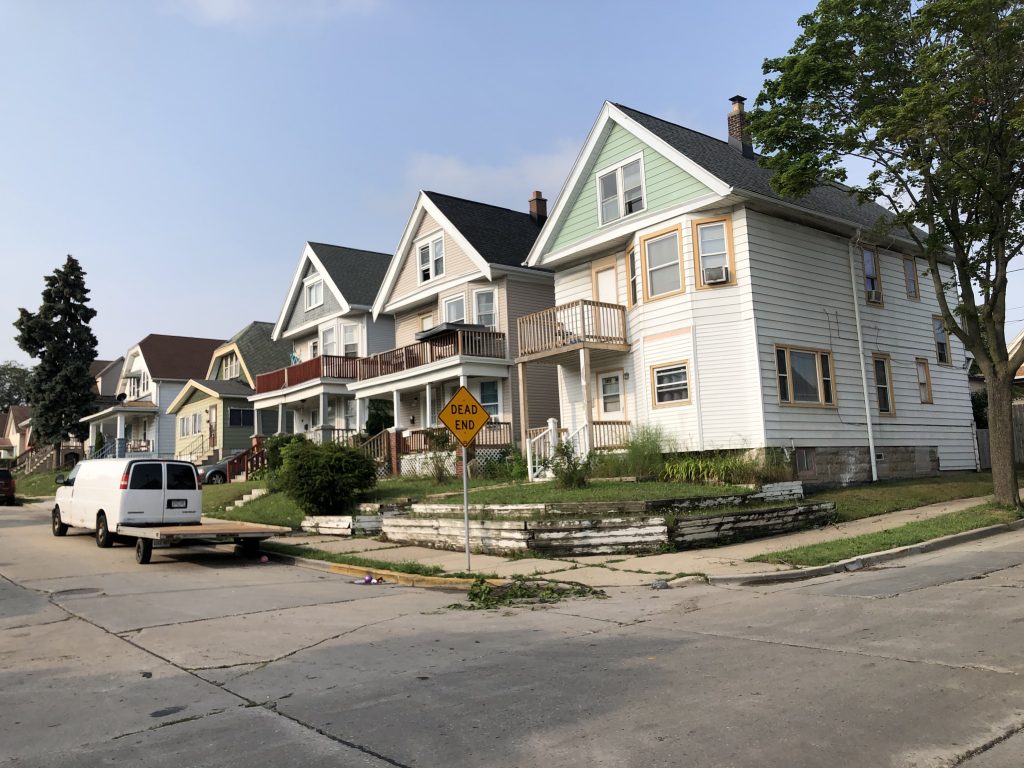Milwaukee Census Challenge Denied
City still adds 771 residents as jail population mixup fixed. Peer cities also saw challenge denials, cuts.
The U.S. Census Bureau (USCB) isn’t inclined to help Mayor Cavalier Johnson‘s quest for one million Milwaukeeans.
Milwaukee’s challenge to its 2020 U.S. Census results was effectively denied, which will cost the city and Milwaukee Public Schools approximately $21 million in federal aid over the next decade.
The central element of the City of Milwaukee’s challenge was that USCB workers undercounted the number of housing units within the city. The bureau initially said the city had 577,235 residents as of April 1, 2020, a 3% drop from 2010, while the city believes it had 593,722.
Milwaukee filed a challenge in December, but in July bureau director Robert L. Santos sent the city a letter closing the challenge and cutting the number of housing units by 10 to 257,713.
“The city presented the Census Bureau with comprehensive information indicating Milwaukee’s population is higher than the 2020 Census count. The appeal was mostly rejected – not because the city’s information was deemed incorrect, but because federal law prevented its consideration,” said Johnson’s office in a statement. “The Mayor continues to focus on growing Milwaukee’s population, and he anticipates the next decennial census will show Milwaukee is growing.”
An August meeting revealed that the city’s challenge was “never actually evaluated by the Bureau,” according to an internal email between Milwaukee officials. The city, relying on a USCB handbook, believed it could challenge that the units were missed, but USCB officials reportedly informed the city it could only challenge that counted units were reported in the wrong municipality.
Milwaukee did add 771 residents, but that was due to a State of Wisconsin challenge. While an explicit confirmation was not offered to city officials, the amount is similar to the number of Milwaukee County inmates that were incorrectly reported as residing in the Community Reintegration Center in suburban Franklin versus the downtown Milwaukee County Jail. Franklin lost an equivalent number of residents.
Other large cities faced a similar fate as Milwaukee after challenging their results.
The City of Memphis submitted an appeal that housing units were missed, resulting in an undercount of approximately 16,000 people. But the city lost an additional three residents after USCB review.
Austin officials said that 7,329 housing units were missed, a reduction of approximately 17,500 residents. The USCB gave the city one additional housing unit. “This outcome is incredibly disappointing and disheartening,” wrote Mayor Kirk Watson in a letter to the bureau.
Detroit won a group quarters challenge that increased its population, but lost on a housing units challenge.
More than 100 challenges were submitted to the 2020 Census.
The once-a-decade process was heavily impacted by the onset of the COVID-19 pandemic. The bureau, in a May 2022 publication, estimated it undercounted Black populations nationally by 3.3% and Hispanic/Latino populations by 4.99% while still getting within 0.24% of the national population.
The administration of President Donald Trump was blocked from adding a citizenship question to the census by multiple federal courts. Multiple state and local officials attacked the Trump administration proposal as a move to suppress the response rate in communities of color. But the Trump administration succeeded in enacting another policy that was expected tod reduce response rates. It curtailed a previous extension of the response period, moving the deadline forward to Sept. 30 from Oct. 31.
Milwaukee’s population on April 1, 2020, according to the USCB, was 577,993.
The city last successfully challenged a U.S. Census Bureau figure in 2007. It challenged the estimated population of 573,358, with the bureau adjusting the figure to 602,782.
A 2018 analysis of 2010 Census results by George Washington University professor Andrew Reamer found Wisconsin was the sixth-biggest loser in terms of undercounting. The state lost $1,338 per person from federal medical programs in the 2015 fiscal year as a result of undercounting. The city’s Complete Count Committee estimates the city loses $1,600 annually for each non-respondent.
If you think stories like this are important, become a member of Urban Milwaukee and help support real, independent journalism. Plus you get some cool added benefits.





















